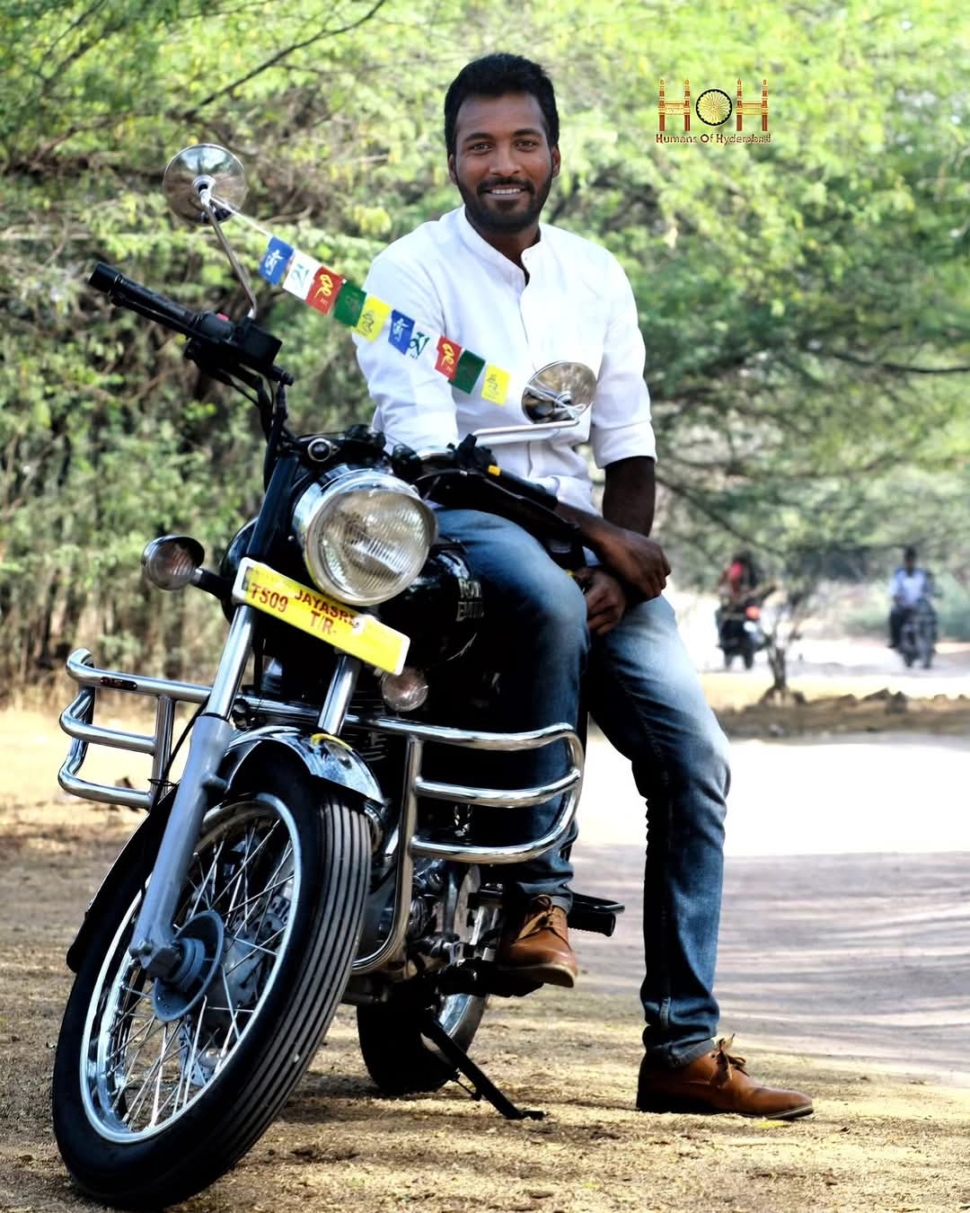“Like many kids growing up in a typical Indian household, I was nudged into Engineering, even though my interests leaned more toward working with people and taking up responsibilities in the community. Engineering wasn’t entirely my passion, but it gave me a platform to explore something much deeper.
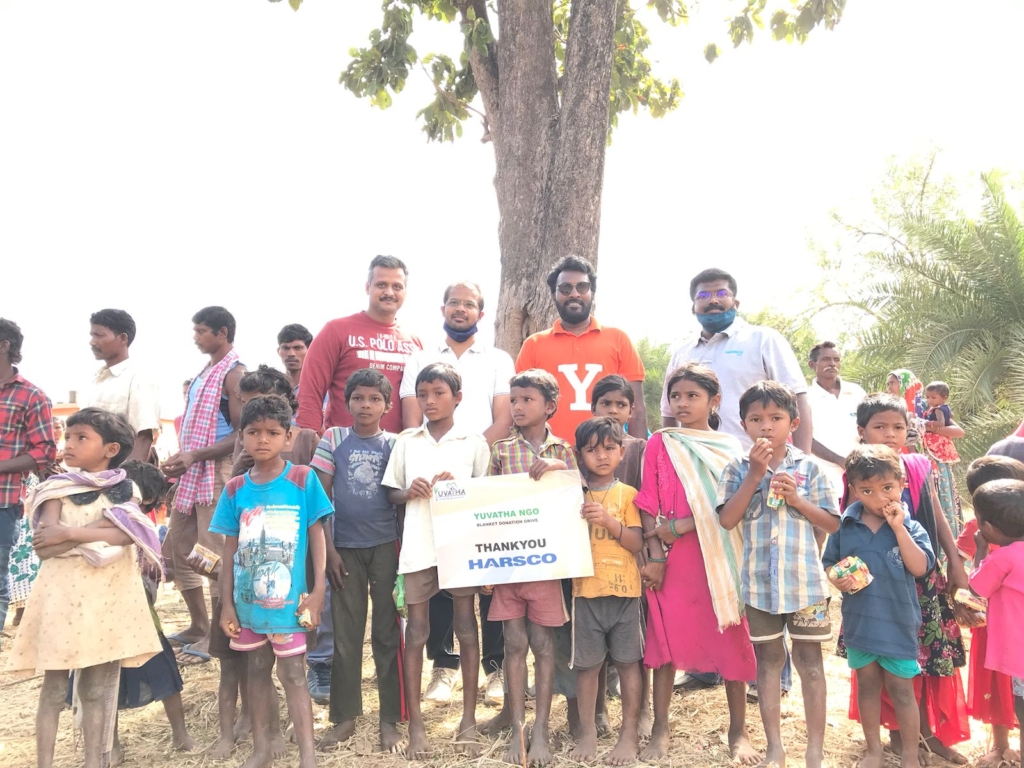
In college, a group of us began working on small initiatives to address issues around the campus. Our college was located on the outskirts of the city, so we often engaged with nearby communities—cleaning up, solving problems, and organizing welfare activities. It was informal at first, but the impact of our efforts started to show, and we realized the need for a more structured approach to expand our reach.
We didn’t know much about non-profits back then. A mentor helped us understand the concept, and it was eye-opening. That’s when Yuvatha started taking shape. We envisioned a platform where young, passionate individuals could channel their energy into addressing real societal challenges. In 2011, Yuvatha ngo was officially started, with the belief that collective effort could bring meaningful change.
One of our most memorable projects involved a rural family that made clay Ganeshas. They struggled to sell their idols, and their children’s education was suffering. We helped them find a market for their products, and all the profits went toward the children’s schooling. But it wasn’t just about providing financial aid—we made sure the family contributed 30% of the costs while we covered the rest. This way, they felt empowered and took ownership of their progress.
Another initiative that stands out is our notebook project. We collected 70,000 kilograms of newspapers and turned them into 1.75 lakh notebooks. The response was incredible—schools, colleges, corporate offices, gated communities, and even celebrities came forward to support the cause. It wasn’t just about the notebooks; it was about bringing people together for a common goal.
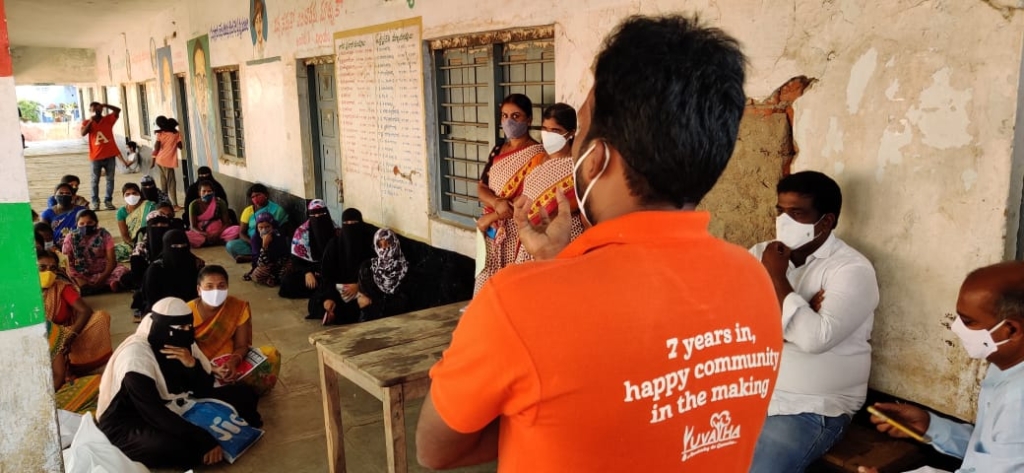
The COVID-19 pandemic brought unique challenges. My wedding had just taken place in March 2020, and within weeks, the lockdown began. During this time, we worked tirelessly to distribute groceries and meals, even in red-zone areas. My family joined hands with volunteers to help those in need. It was a difficult time, but it reaffirmed our purpose and strengthened our belief in humanity.
The journey hasn’t been easy. In the early days, many people didn’t take us seriously. Some thought we were just students skipping classes under the pretense of social work. Even when I decided to leave my corporate job and an MBA seat in Australia to pursue social work full-time, there was skepticism. Many couldn’t understand why I would leave a stable career path for something uncertain.
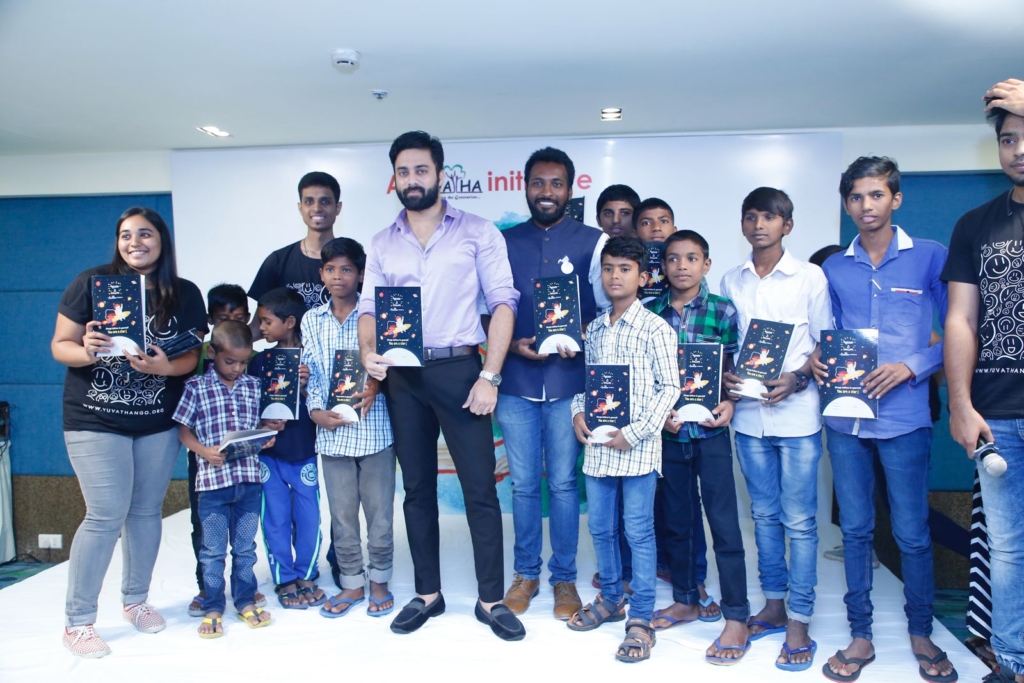
But as we stayed consistent and showed results, people began to trust us. The community saw the impact of our work, and even my family and friends started believing in our vision. Today, Yuvatha has become a platform for countless individuals who want to contribute to society, and that trust has been the foundation of our growth.
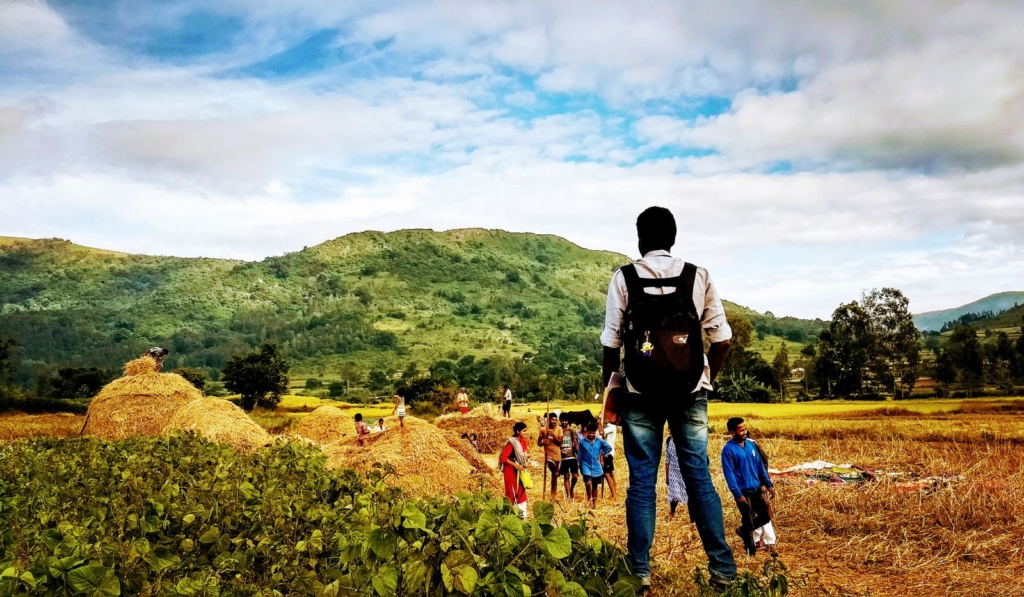
One of the most transformative experiences for me was working in tribal areas like Paderu and Maredumilli. Life there operates on entirely different principles—no mobile networks, no proper roads, and no digital distractions. Relationships are the backbone of everything. People welcome you warmly, offering food and shelter without hesitation. There were times I walked 5-6 kilometers just to find mobile signal for a phone call, but those walks often led to meaningful interactions that deepened my understanding of community.
These experiences taught me patience, persistence, and the value of genuine human connections. They also showed me that solving problems requires more than short-term fixes. You need sustainable systems and long-term solutions. My time at the Tata Institute of Social Sciences (TISS) helped me bridge the gap between practical experience and theoretical understanding. It taught me to look at problems holistically and work toward policy-level interventions.
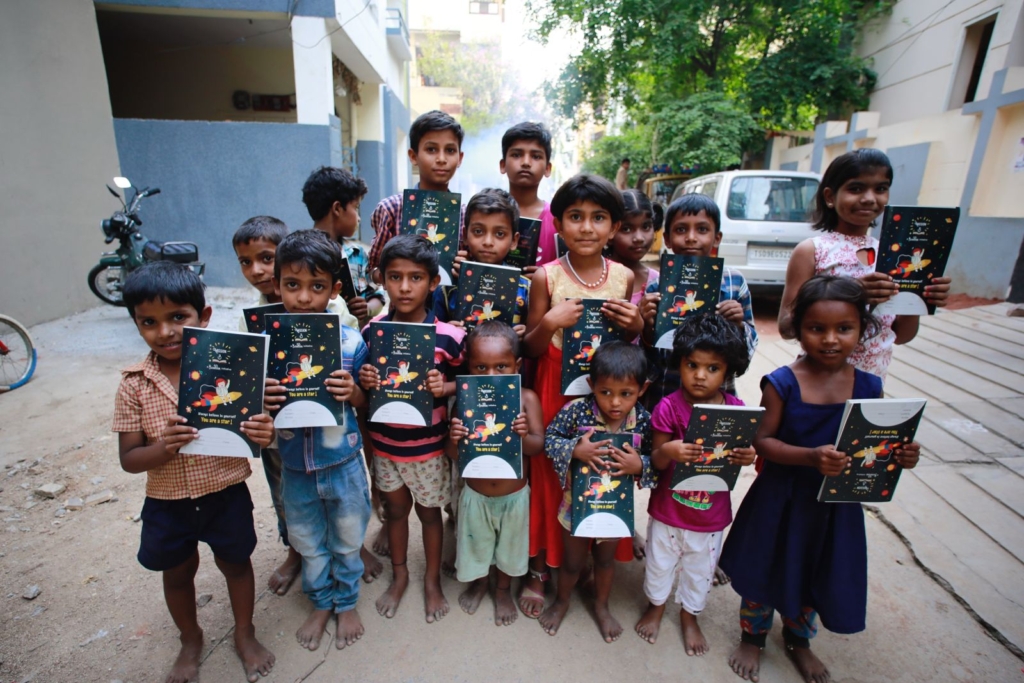
At Yuvatha, we’ve always focused on involving the community in every step of the process. Whether it’s training locals, maintaining transparency with donors, or engaging beneficiaries, we ensure that everyone feels connected and aligned with the vision. This approach has helped us build trust and make our initiatives sustainable.
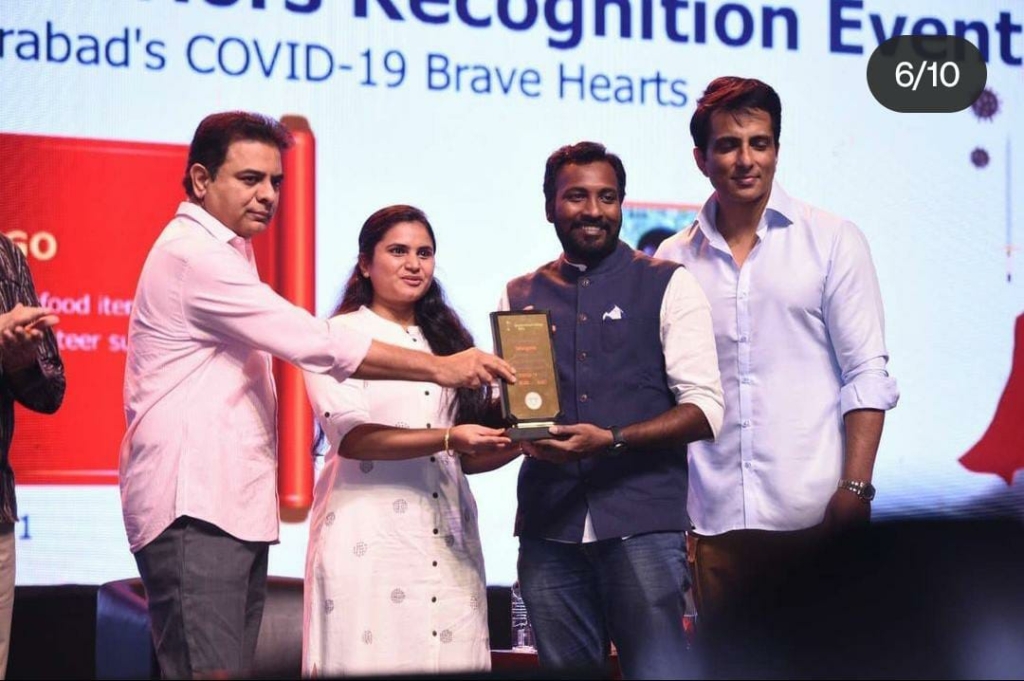
The youth have always been the backbone of Yuvatha. Their energy, creativity, and fresh ideas have powered every initiative we’ve undertaken. Through leadership programs and volunteer opportunities, we aim to empower them to become changemakers in their own communities.
To the youth, my message would be to believe in your dreams, but take responsibility for the change you want to see. Think about how your actions can contribute to the greater good. Collaborate, step out of your comfort zone, and work toward something meaningful. Together, we can create a better, more inclusive world.”
Saketh Kothamasu, Co-founder of Yuvatha NGO
